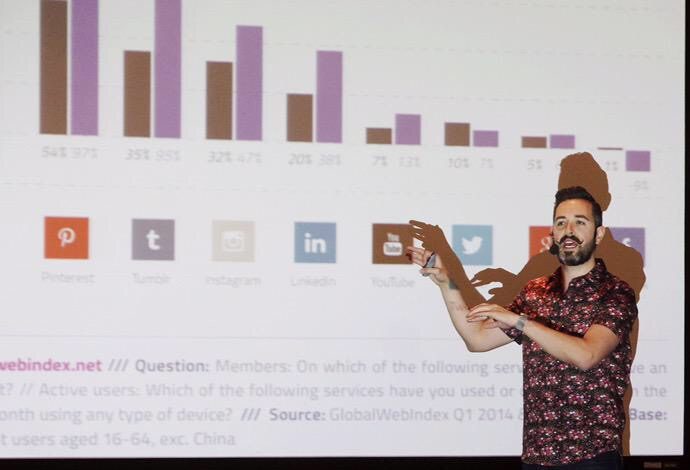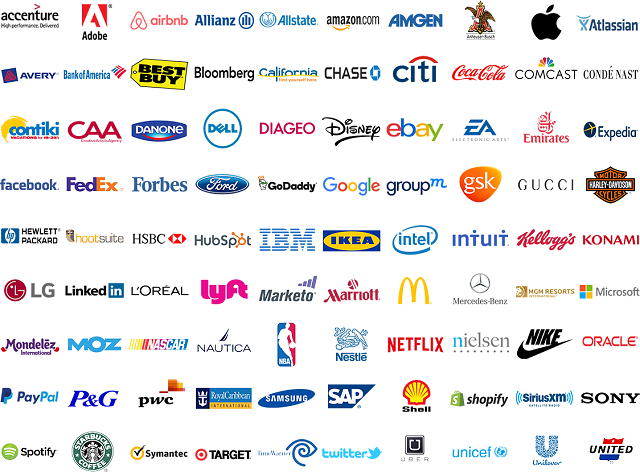Top 5 Benefits of Influencer Marketing for B2B Brands
By Alex White The numbers are difficult to ignore. According to our 2025 B2B Influencer Marketing Report, a remarkable 79% of marketers with mature influencer programs are seeing outstanding results. Despite statistics like this, many brand leaders still have one key question: Where does influencer marketing fit into my already robust marketing mix?
At TopRank Marketing, we’ve spent the last 15 years answering this question for mid-sized to enterprise brands across industries, from tech to healthcare, supply chain, SaaS, and everything in between. With so many options to choose from, including pilot programs, integrated influencer content campaigns, and, of course, the number one recommendation: always-on, there’s a strategy for every need.
While the scope and scale of these programs may vary, they all offer similar benefits, just to different extents. Before we dive into the specifics, it’s important to note that the advantages companies see from influencer marketing are closely tied to the goals they set. While this may seem obvious, the way influencer marketing is applied can significantly influence outcomes. Let’s take a look at our recommended programs:
Integrated Influencer Content Marketing Campaign: Typically runs for several months and across multiple channels, producing valuable content and helping identify the most effective influencers.
Example: Smartsheet’s #FruitfulWork campaign featured seven influencers and spanned several months, as the brand and influencers shared evergreen content ranging from articles to videos to social posts.
Case Study: How Smartsheet Built Awareness with B2B Influencer Marketing
Always-On: Over time, this influencer marketing strategy builds a rich content library and nurtures ongoing relationships with influencers who help accelerate both the quality and reach of the content, as well as foster organic advocacy.
Example: T-Mobile Business’ always-on program includes both high-profile and niche influencers who consistently create new content throughout the year, becoming familiar faces associated with the brand and producing evergreen material that can be leveraged for years.
Now that you’re familiar with the different offerings, let’s explore five key outcomes B2B companies like yours can achieve by working with influencers.
1. Influencers add credibility and authenticity to brand content
What happens when a brand identifies the topics that truly matter to its customers? It can finally connect with people who already have the influence it needs. By teaming up with experts who are respected authorities on those topics, brands can create content, communications, and advocacy that truly resonates. This approach feels authentic, speaks to the real concerns and goals of customers, and earns the trust of the audience the brand wants to reach.
“Collaborating with experts that are respected authorities on the topics of influence produces content, communications and often advocacy that is believable, is empathetic to the concerns and goals of real customers and is trusted by the audience the brand is trying to reach.” – Lee Odden, Co-Founder, TopRank Marketing
Statistic: 81% of marketers with mature programs use an always-on influencer strategy, which significantly boosts credibility and trust compared to one-off campaigns (2025 B2B Influencer Marketing Research Report)
Learn more: Always-On Influencer Marketing: What Is It and How Does It Work?
2. Influencers partnered with executives build brand thought leadership
Connecting external …read more
Source:: Top Rank Blog

































